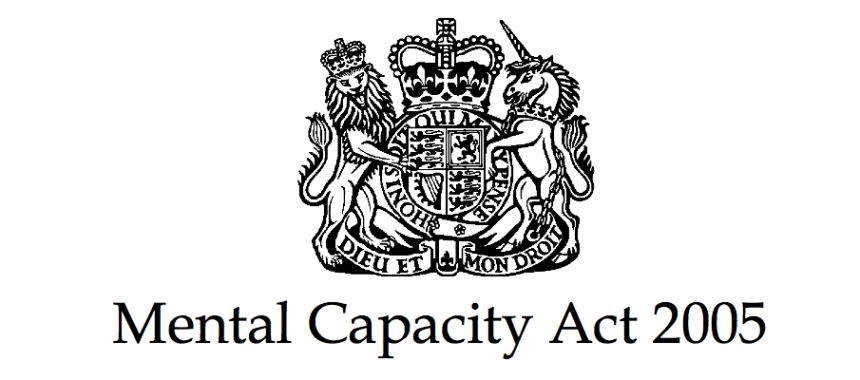The Deprivation of Liberty Safeguards (DoLS) give legal protection to vulnerable people in care homes who cannot consent to the care and treatment they need because they lack capacity.
DoLS are an important part of the Mental Capacity Act 2005. Care organisations should apply them where a person aged 18 or over lacks capacity to consent to their care arrangements and needs to be deprived of their liberty - this involves continuous supervision and control and means the individual is not permitted to leave the place where they are being cared for.
For example, an individual may need to be kept away from situations or places where their safety could be at risk, such as railway lines or busy roads. So, DoLS may be used to prevent them from leaving their care home.
DoLS are important human rights safeguards; they aim to ensure that such deprivation of liberty only occurs when necessary, proportionate and in the individual's best interests.
To learn more about Deprivation of Liberty Safeguards (DoLS), head over to the Care Quality Commission (CQC) website, where they discuss the legal framework in more detail.






.webp?width=80&height=80&name=HTD%20Awards%202023%20Badge%20(4).webp)














